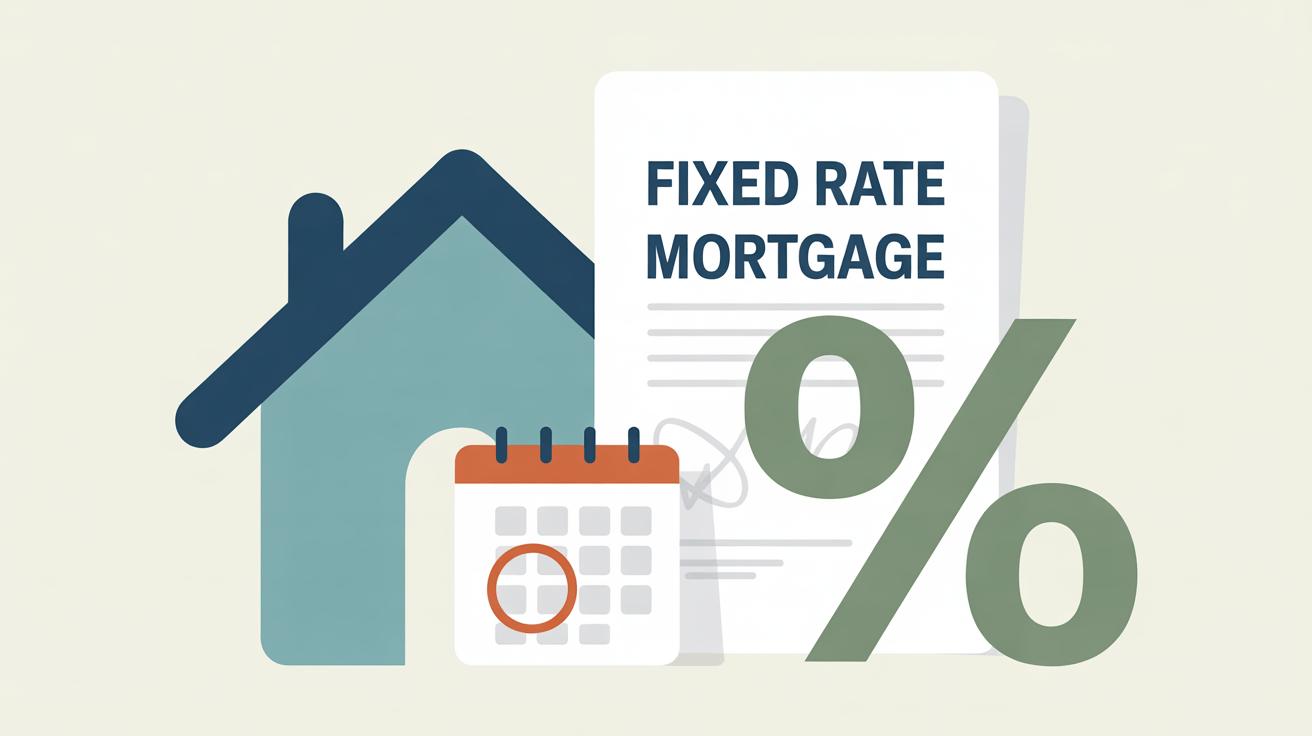Applying for a mortgage can feel daunting if you have poor credit. Missed payments, defaults, or a low credit score can make some lenders more cautious, but it does not mean homeownership is out of reach. With the right support, you still have options.
Understanding Poor Credit
Poor credit usually means you have a history that suggests to lenders you might be a higher risk. This could be from late payments, using too much of your available credit, or having county court judgments (CCJs) on your record. Even something as simple as not being on the electoral roll can lower your score.
How a Mortgage Adviser Can Help
A mortgage adviser looks at more than just your credit score. They take time to understand your full situation, including your income, outgoings, and future plans. Many advisers have access to lenders who specialise in helping people with less-than-perfect credit histories.
Here are some of the ways an adviser can help:
-
Access to a wider range of lenders – including those not always available directly to the public.
-
Tailored recommendations – finding a lender whose criteria match your circumstances.
-
Guidance on improving your application – such as reducing debts, correcting errors on your credit file, or saving for a larger deposit.
-
Support through the process – explaining requirements clearly and helping with paperwork.
Alongside finding the right lender, we can also discuss life and critical illness insurance, which many Brentwood homeowners choose to help cover mortgage payments if illness or injury stops them from working.
Improving Your Chances of Approval
Even if your credit score is poor now, there are steps you can take before applying for a mortgage:
-
Register on the electoral roll.
-
Check your credit report for errors and have them corrected.
-
Avoid taking out new credit in the months before applying.
-
Pay down existing debts if possible.
-
Save for the largest deposit you can, as this can make lenders more flexible.
Why Professional Advice Matters
Trying to find the right mortgage with poor credit can feel overwhelming. Going straight to a high street bank might result in a decline, which could make your credit record look even worse. A mortgage adviser can help you avoid unnecessary applications and guide you towards lenders who are more likely to say yes.
Final Thoughts
Having poor credit does not mean you cannot get a mortgage. It simply means you may need more guidance and a carefully chosen lender. With expert advice, many people with less-than-perfect credit still go on to secure a mortgage and buy the home they want.
If you already own a home in Brentwood, it may also be worth reviewing your current deal. Our guide, Is now the right time to remortgage?, explains when a remortgage could help lower monthly costs or release equity.
At Worths Mortgage Advisers, we offer friendly, straightforward advice and access to a wide range of lenders, including those open to helping clients with poor credit.
Call us today on 07880 722052 or email richard@worthsmortgages.co.uk to arrange a free initial consultation.
Frequently Asked Questions about Mortgages with Poor Credit
Can I still get a mortgage with poor credit?
Yes, it is possible. While some lenders may say no, others specialise in helping people with less-than-perfect credit. A mortgage adviser can connect you with them.
Will poor credit mean I have to pay a higher deposit?
In many cases, yes. Lenders may ask for a larger deposit to reduce their risk. The bigger your deposit, the more likely you are to be approved.
Does applying for multiple mortgages hurt my credit score?
Yes, multiple applications can harm your score. That is why using an adviser is helpful, as they can target lenders who are more likely to accept you.
Can poor credit from years ago still affect me?
Most credit issues, such as CCJs or defaults, stay on your record for six years. After that, they should no longer impact your credit history, although some lenders may still ask about your past.
How long should I wait before applying if I’ve had financial difficulties?
It depends on the issue. Even if you have had recent problems, some lenders may still consider you. An adviser can review your situation and recommend the best timing.


